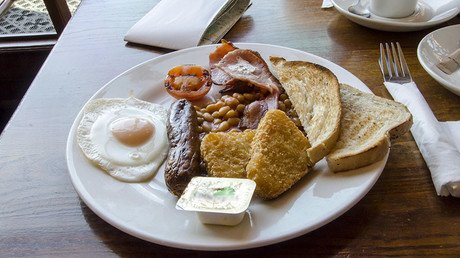Belgium admits it knew about insecticide-contaminated Dutch eggs back in June

Belgian officials have admitted they knew in early June that eggs from Dutch farms could possibly be contaminated with a toxic insecticide, fipronil, which can affect people's kidneys and liver, but chose not to go public because of an ongoing fraud investigation.
"We knew since the beginning of June there was probably a problem with fipronil in the poultry sector," Katrien Stragier, a spokeswoman for Belgium's food safety agency (AFSCA), told Flemish broadcaster VRT on Saturday, as cited by taggesschau.de
"We immediately launched an investigation and we also informed the prosecutor because it was a matter of possible fraud. From that point on the secrecy of the inquiry took precedent. We understand that people have questions about public health and we are trying to answer them," she added, according to AFP.
Belgian supermarkets have removed eggs from the supermarkets while awaiting the results of tests.
In Germany and the Netherlands, millions of eggs from Dutch farms have been recalled from shops.
German Agriculture Minister Christian Schmidt pressed the authorities, particularly in Belgium and The Netherlands, to clear up the situation.
"Someone has clearly proceeded with criminal intent to contaminate (the eggs) with a banned product," Schmidt told German tabloid Bild.
Dutch officials closed down 180 businesses earlier in the week.
The Dutch food authority (NVWA) said that 138 poultry farms (about a fifth of those in the Netherlands) would remain closed after tests. One batch of eggs posed "an acute danger to public health," the agency said on Thursday.
Eggs from another 59 farms contained high enough levels of fipronil that the NVWA stated they should not be consumed by children.
Belgian authorities did not report the first cases of fipronil until July 20, according to the European Commission.
On July 22, the substance was also detected in farms in the Netherlands. Shortly afterwards, it was announced that tainted eggs had also possibly made it into Germany, n-tv reported.
Fipronil is commonly used in veterinary products to get rid of fleas, lice, and ticks.
It is banned from use on farm animals.
In large quantities, the insecticide is considered to be "moderately hazardous" according to the World Health Organization, and can affect people's kidneys, liver, and thyroid glands.













